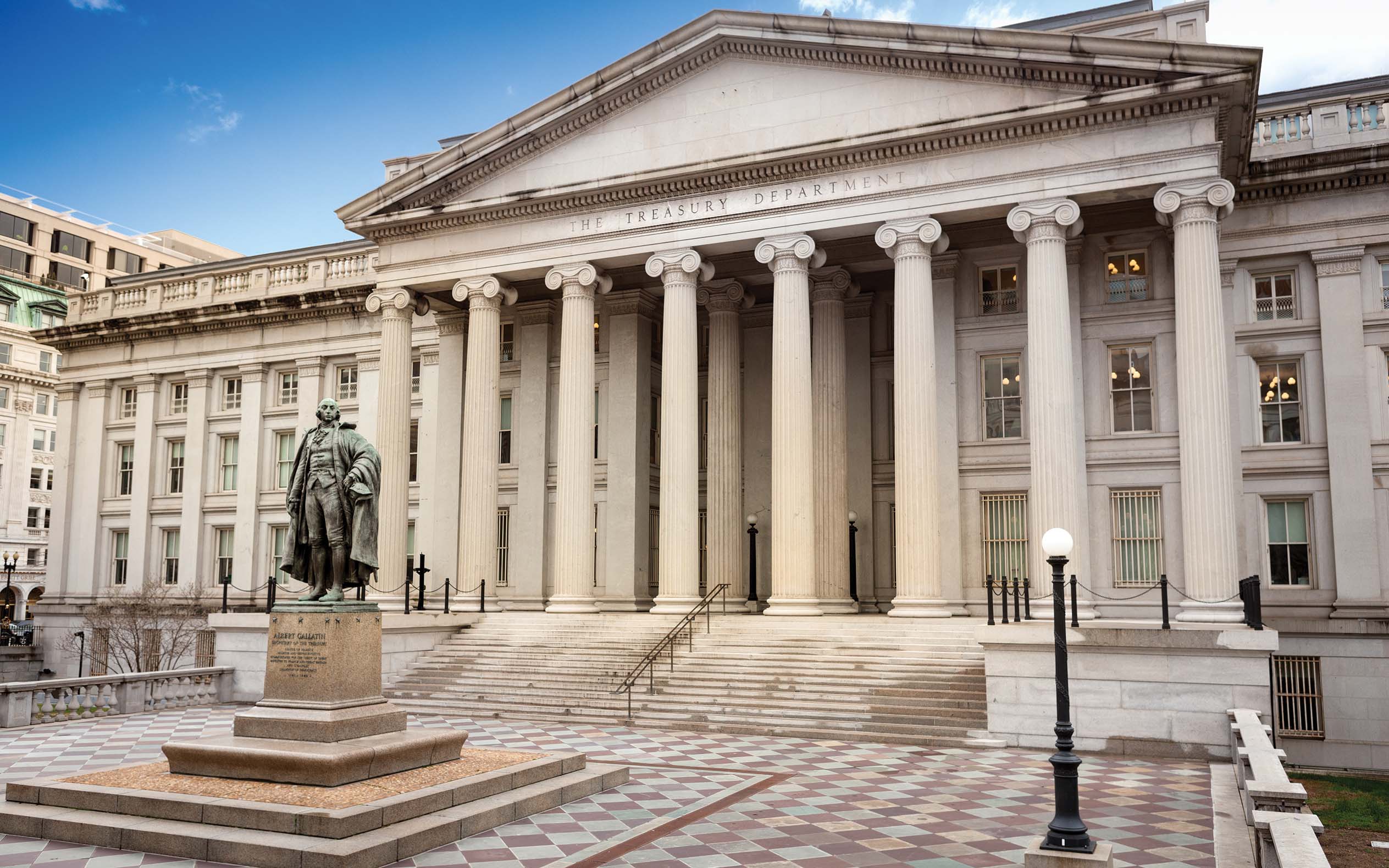This has been a year of change for the bank regulatory environment. With the once-in-a-decade EGRPRA regulatory review process now underway, community banks have a special opportunity to make their voices heard. Independent Banker caught up with Amy Ledig, vice president of capital, accounting and finance policy at ICBA, to discuss the regulatory outlook.
Q&A: Amy Ledig on the EGRPRA Review Process
0825 Review 2k
August 01, 2025 / By Cheryl Winokur Munk
This has been a year of change for the bank regulatory environment. With the once-in-a-decade EGRPRA regulatory review process now underway, community banks have a special opportunity to make their voices heard. Independent Banker caught up with Amy Ledig, vice president of capital, accounting and finance policy at ICBA, to discuss the regulatory outlook.
Q: With the change in administration, there’s been a lot of discussion about regulatory reform. Can you talk about how the EGRPRA review process plays into these efforts?
Amy Ledig: We’re in the midst of a statutorily mandated review of banking regulations. The Economic Growth and Regulatory Paperwork Reduction Act of 1996, referred to as EGRPRA, is a law that requires the federal banking agencies—the OCC, FDIC and Board of Governors of the Federal Reserve—to review their regulations at least once every 10 years to identify outdated or unnecessary requirements applicable to insured depository institutions and their holding companies.
The banking agencies are directed to eliminate unnecessary regulations as appropriate. At the end of the review cycle, the agencies submit a report to Congress summarizing the key findings and issues they have identified. This process is important, because it gives ICBA and community banks an opportunity to voice concerns regarding regulatory burdens and the adverse impact these regulations can have on banks’ ability to serve their communities.
Q: Are the CFPB and other financial regulators part of the review?
Ledig: EGRPRA only applies to the federal banking agencies. The Consumer Financial Protection Bureau is not subject to EGRPRA, but it is separately required to review and publish reports regarding its significant rules. The NCUA has historically completed a similar review in a parallel process, and the results of its review are also included in the joint report to Congress.
Comments that fall outside the scope of EGRPRA review are forwarded to the appropriate agency. So, for example, comments related to anti-money laundering requirements would be shared with Treasury’s Financial Crimes Enforcement Network.
“While the EGRPRA process only comes around once a decade, ICBA’s work to help community banks thrive never stops.”—Amy Ledig, ICBA
Q: Can you talk about banks’ role in the review process?
Ledig: There are four rounds of review during the current EGRPRA cycle, each covering a different set of topics. During each round, the FDIC, the Federal Reserve and the OCC solicit public feedback regarding regulatory requirements that are outdated, unnecessary or unduly burdensome.
Advocacy is a critical part of the regulatory reform process, and as the agencies open each round of review for public comment, ICBA works to spread awareness and encourage community banks to make their voices heard.
Community banks have submitted written comments on the topics raised in each round of review. ICBA uses the Be Heard Grassroots Action Center (icba.org/beheard) to alert community bankers to the opportunity to participate in the public comment process. The Action Center allows users to submit customized comments on the topics raised in each round of review, making it even easier for community banks to make their voices heard in this process.
The second way community banks contribute is through participation in outreach meetings. The agencies give notice of upcoming meetings, and with advance registration, the public may offer comments during the meetings. Community bankers, including representatives of ICBA member banks, have participated in outreach meetings, giving critical context and making the impact of regulatory burden more real to regulators.
Participation in outreach meetings and via comment letters allows bankers to share their concerns about how regulatory burdens impact their ability to serve their communities. These efforts are a great way to advocate for critical reforms, such as fast-tracking repeals of harmful and burdensome rules and reissuing tiered and rightsized regulations.
Make your voice heard
Want to speak up about regulations and let lawmakers know about our industry’s needs? Visit ICBA’s Be Heard Action Center and see how you can make a difference. icba.org/beheard
Q: What are some key issues ICBA has raised?
Ledig: Participating in the EGRPRA process is just one of many ways that ICBA works with regulators to address the challenges that excessive regulatory burden poses to community banks and the communities they serve. ICBA has submitted comment letters during each round of review, highlighting key areas where the regulatory burden must be reformed or eliminated.
We’ve covered topics including expanding the examination cycle for community banks, call report reform, raising FDICIA audit and reporting thresholds, and reducing regulatory requirements for de novo banks. We’ve also brought up the need to reform bank merger regulations and emphasized the importance of ensuring meaningful community bank representation in supervision and oversight.
In addition, we’ve asked regulators to level the regulatory playing field for institutions that pose the highest risk to economic stability.
ICBA has also advocated for improvements to the EGRPRA review process itself, such as holding additional virtual outreach meetings, a change that the agencies implemented partway through this review cycle.
Q: How does this process fit into ICBA’s regulatory reform efforts?
Ledig: While the EGRPRA process only comes around once a decade, ICBA’s work to help community banks thrive never stops. Our Repair, Reform and Thrive plan is designed to empower community banks, enabling them to drive local economic growth and financial stability, and we’re working with regulators to do just that.
Subscribe now
Sign up for the Independent Banker newsletter to receive twice-monthly emails about new issues and must-read content you might have missed.
Sponsored Content
Featured Webinars
Join ICBA Community
Interested in discussing this and other topics? Network with and learn from your peers with the app designed for community bankers.
Subscribe Today
Sign up for Independent Banker eNews to receive twice-monthly emails that alert you when a new issue drops and highlight must-read content you might have missed.
News Watch Today

Join the Conversation with ICBA Community
ICBA Community is an online platform led by community bankers to foster connections, collaborations, and discussions on industry news, best practices, and regulations, while promoting networking, mentorship, and member feedback to guide future initiatives.












